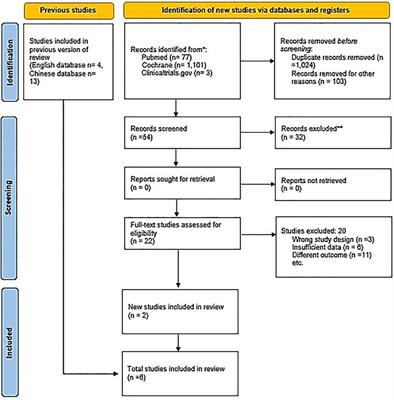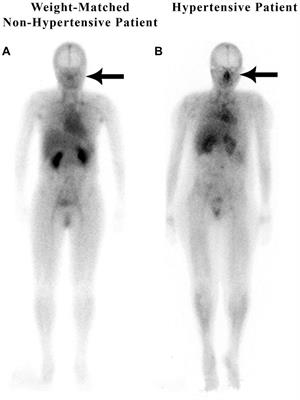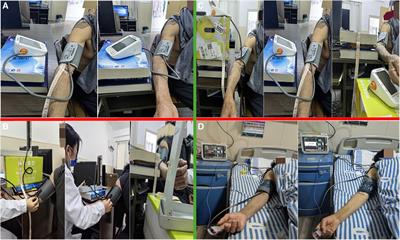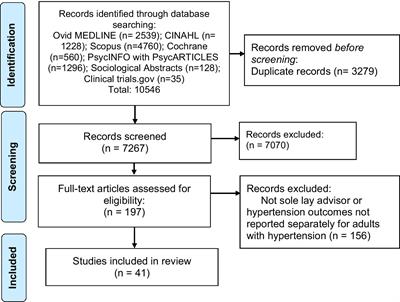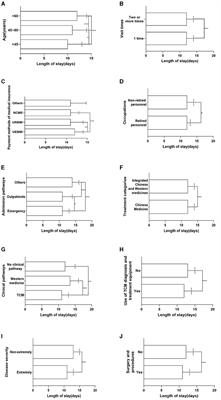ORIGINAL RESEARCH
Published on 13 Jan 2025
Evaluation of hypertension knowledge and its association with medication adherence among hypertensive patients attending primary health centers: a cross-sectional study from eastern Saudi Arabia
doi 10.3389/fpubh.2024.1378561
- 4,824 views
- 1 citation
